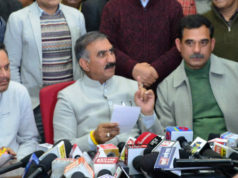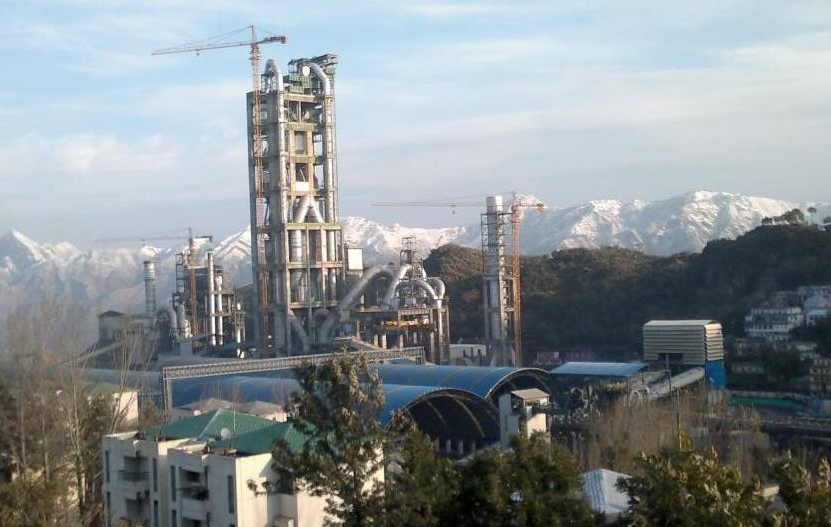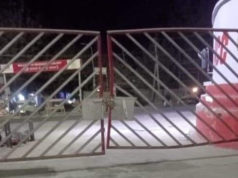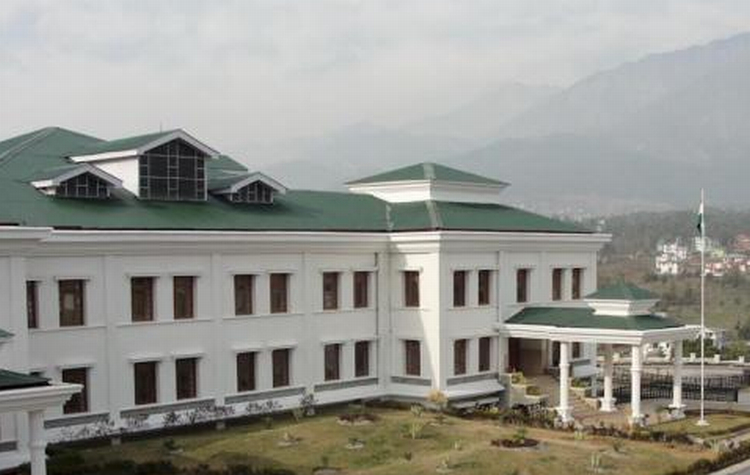Darlaghat – In a move likely to reignite tensions between Darlaghat Ambuja Cement Company and truck operators, the company has unilaterally decided to slash freight charges for 16-tire trucks by one rupee per kilometer. Alongside this reduction, the company has issued a stern warning to truck operators, stating that failure to adhere to the new rates may result in the prohibition of 16-wheeler trucks from operating.
The decision, communicated to truck operators via email, has been met with staunch opposition. According to the company’s directive, the freight charges for trucks with 16 tires will be lowered from Rs 9.30 to Rs 8.30 per kilometer. However, truck operators have adamantly refused to accept this proposal, citing disparities in fare adjustments across vehicle types.
Expressing their discontent, truck operators argue that while smaller vehicles continue to enjoy higher fares, the company’s focus on reducing charges for 16-tire trucks is unjustifiable. Consequently, the entry of such trucks into operations has been halted since May 11. Truck operators emphasize that no mutual Memorandum of Understanding (MoU) has been established to justify the reduction in freight charges.
In the email communication, the company purportedly rationalizes the reduction by highlighting the perceived high freight charges for larger trucks. However, operators remain steadfast in their resolve, denouncing what they perceive as arbitrary decisions by the company.
This latest development resurrects memories of a previous dispute between the company and operators, which spanned approximately 73 days before a government-mediated resolution was reached. Meanwhile, representatives from the Baghal Land Loser Transport Sabha, including President Jagdish Thakur and Deputy President Rishi Raj Gandhi, have penned a letter to the company management, contesting the validity of the fixed freight fare for 16-wheelers. The Truck Union has signaled its willingness to engage in dialogue but asserts that the current freight rates are non-negotiable.
As tensions simmer, the prospect of renewed negotiations between the company and truck operators remains uncertain, leaving the future of freight operations in Darlaghat shrouded in uncertainty.








